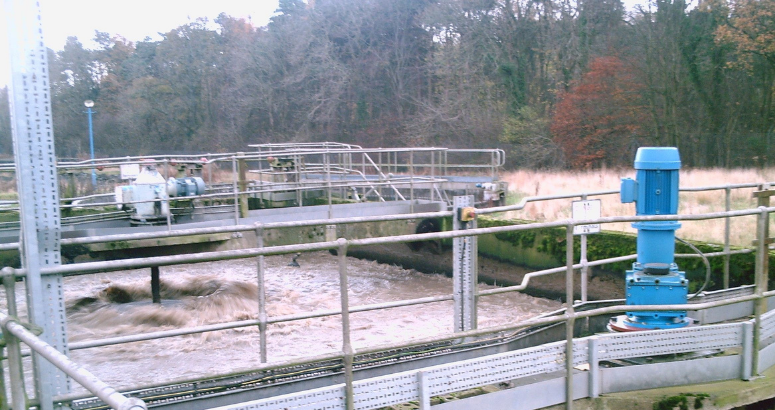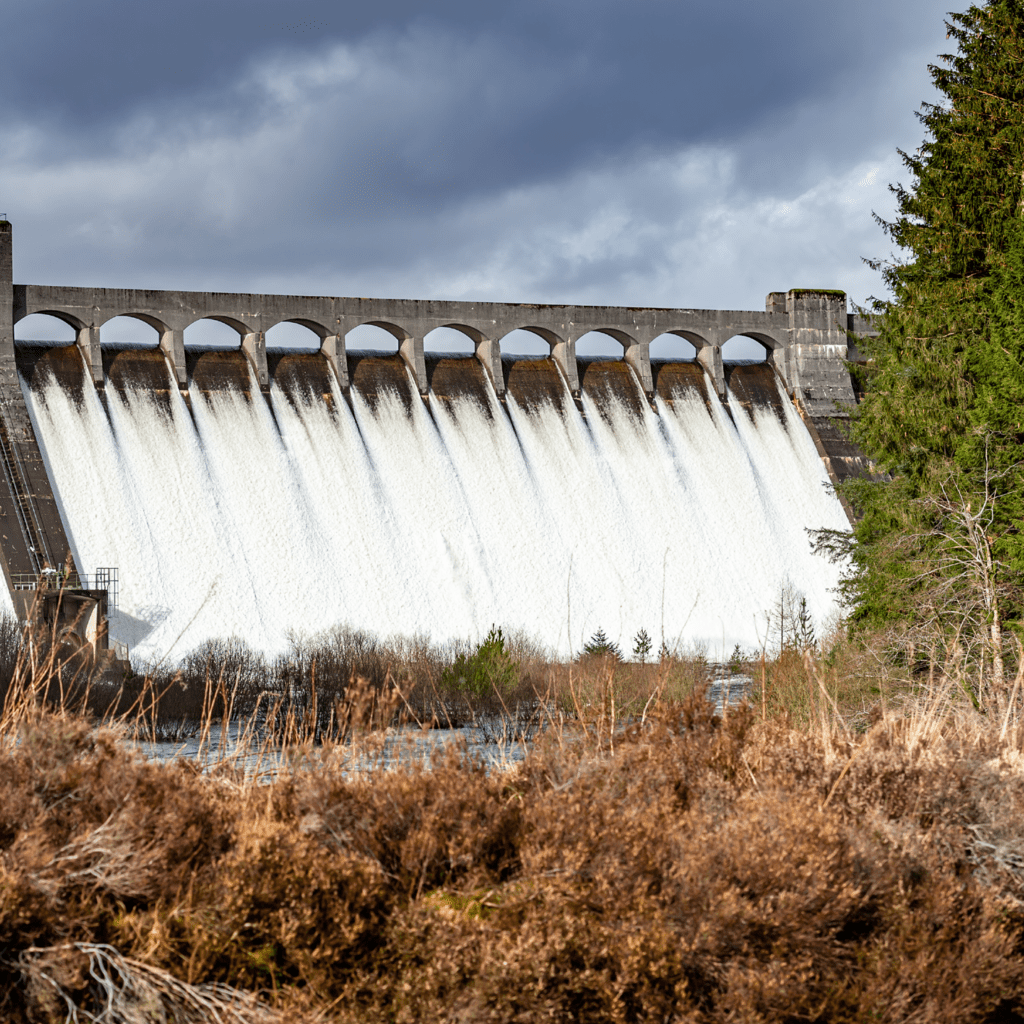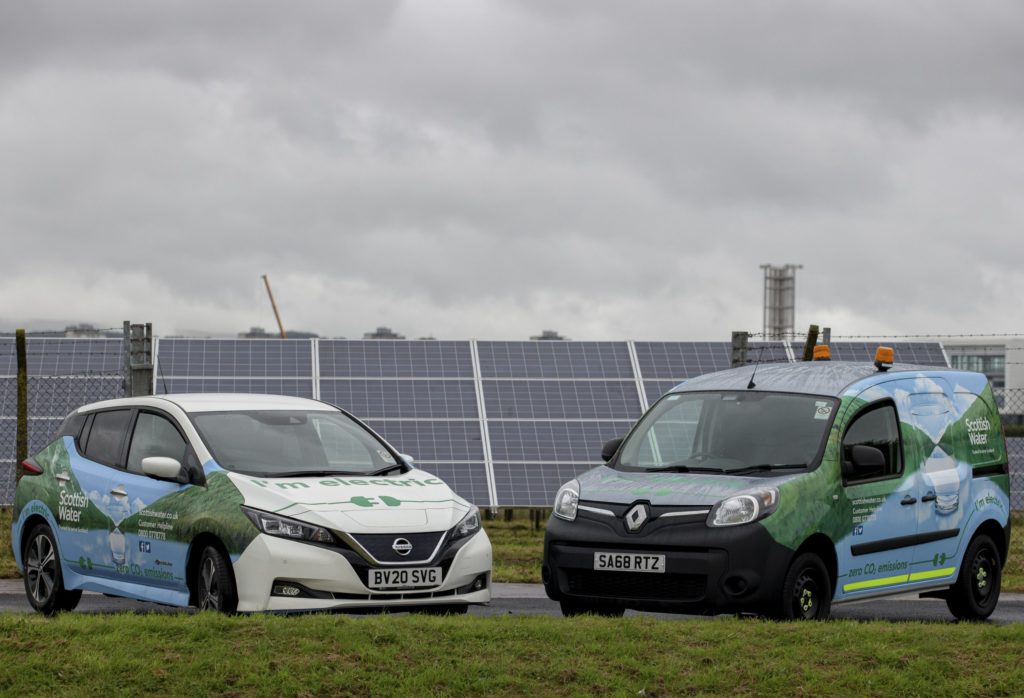
Renewable Energy
The proposed photovoltaic panels will offset more than 20 per cent of the electricity needed to operate the facility.
The company’s commercial subsidiary Scottish Water Horizons is proposing to install 560 photovoltaic (PV) panels at Skellyton near Larkhall.
The carbon reducing technology will offset more than 20 per cent of the electricity needed to operate the facility and generate over 150MWh of electricity each year – the same amount of energy needed to boil a kettle 1.5 million times or watch a million hours of television.
Donald MacBrayne, Business Development Manager at Scottish Water Horizons, said: “Offsetting energy usage through renewable generation is a key part of delivering on our commitment to achieving net zero carbon emissions by 2040.
“This scheme will not only help Skellyton treatment works on the way to energy self-sufficiency it will also contribute around 12 per cent of the generated electricity to the national grid, helping to off-set carbon emissions further afield.”
The installation of the solar PV array will cut carbon dioxide emissions associated with the site by over 20 tonnes a year.
PV panels will be installed in an area of scrub, brownfield land within the boundaries of the existing works.
The Skellyton project is the latest in a long list of renewables schemes already installed at many treatment works and other Scottish Water assets across Scotland.
Scottish Water has committed to reach net zero carbon emissions by 2040 with an interim target to host or self-generate three times its annual electricity consumption by 2030.
Almost 80 of the company’s water and waste water treatment works are now either self-sufficient or partly sufficient in their power requirements.
“This scheme will not only help Skellyton treatment works on the way to energy self-sufficiency it will also contribute around 12 per cent of the generated electricity to the national grid, helping to off-set carbon emissions further afield.”
Donald MacBrayne
Business Development Manager, Scottish Water Horizons







